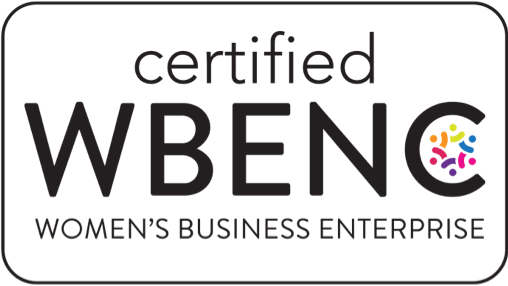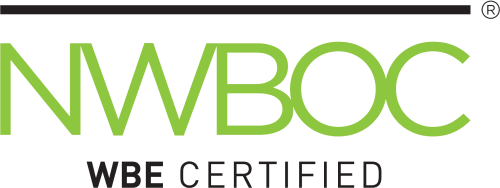Case study: Federal government
Program management services help streamline financial management policy formation

The client’s perspective
The Office of Financial Management (OFM) at the Food and Drug Administration (FDA) oversees an array of financial functions such as budgeting, accounting, and financial reporting. After implementing Oracle financial software and transforming its processes, OFM faced the challenge of aligning its financial policies and procedures with overarching project management goals. The existing policy-making framework was decentralized and outdated, leading to inefficiencies, misalignments, and protracted approval timelines. Many policies had not been reviewed in 10+ years, and when one was updated, it often took over a year for it to be approved and implemented.

6X FASTER
policy approval process
OFM called in Eagle Hill Consulting to provide program management services to plan and design the policy council, including drafting its charter; defining its organizational structure; identifying and developing business processes to launch and maintain the council; establishing and supporting the council through management and coordination of stakeholder needs across FDA; and applying change management and strategic communications plans to support the council’s launch and long-term maintenance.
A new view
Our team began by designing and implementing a robust, centralized policy-making framework capable of supporting OFM’s strategic goals. This entailed a multi-faceted approach involving governance, standard operating procedures, workflow optimization, and stakeholder communication.
Then, we initiated engagement by closely collaborating with the OFM’s deputy CFO and a 200-member staff team. We started by defining the governance structure of the new FDA-wide policy council. We laid out its charter, defined roles and responsibilities, and facilitated initial meetings, always keeping alignment with the council’s strategic objectives.
To ensure a seamless workflow and accountability, our team conducted an exhaustive best-practice research study. This led to a thorough audit of the current “as-is” state of policy formation. Based on the insights gathered, we outlined the desired “to-be” state that involved new workflows, standard operating procedures (SOPs), and step-by-step guidelines. These changes were designed to make decision-making more efficient and transparent.
Next, our team performed an intricate review of OFM’s existing financial policies. We identified gaps, redundancies, and misalignments through internal interviews and document analysis. Based on these findings, we delivered a comprehensive inventory of policies that either needed revision or creation. We spearheaded their implementation and stored them in a centralized digital repository for future reference and audits.
To track performance and alignment, our team created a dashboard reporting system. This enabled OFM leadership to acquire real-time data on policy statuses, associated risks, timelines, and imminent milestones, thereby facilitating proactive decision-making.
Lastly, our team developed an exhaustive communications plan to ensure adoption and a smooth transition. This plan outlined the various stakeholders, identified communication channels, and established timelines for a seamless rollout of new or revised policies and procedures.
Unconventional consulting—and breakthrough results
Eagle Hill’s rigorous, goal-oriented approach radically accelerated the policy approval process from one and a half years to just three months. The establishment of the policy council and the performance dashboard empowered OFM to make rapid, informed, and compliant decisions. As a result, it is easier for OFM to keep policies up to date, make policy changes more quickly, and build accountability about policy decision-making throughout the organization.
With our program management services, OFM ensured its ability to remain nimble, compliant, and strategically respond to future challenges.

